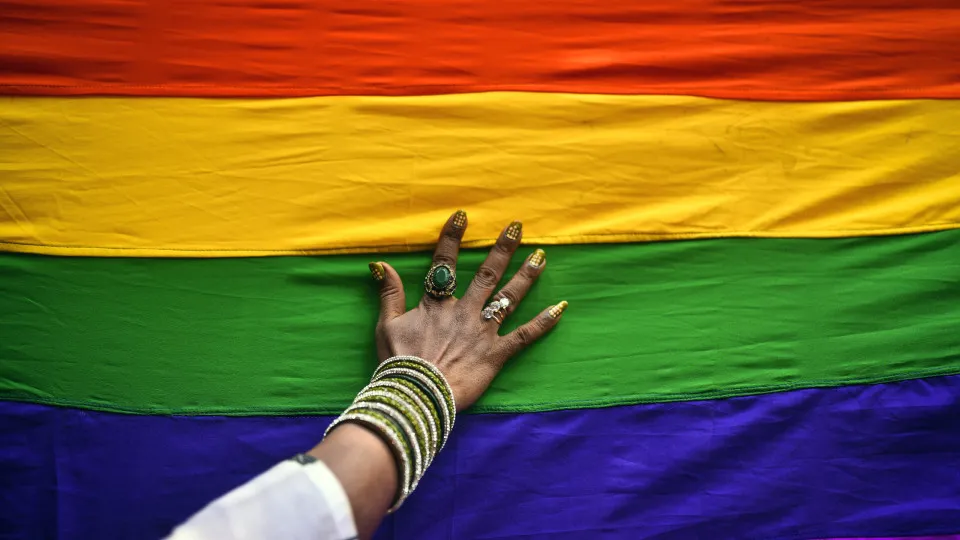
Four out of five countries globally lack laws to protect young lesbians, gays, bisexuals, trans, and intersex individuals from bullying, with only six United Nations member states having adopted such legislation, according to a report.
ILGA World, an international organization comprising over 2,000 associations from 170 countries advocating for the human rights of lesbian, gay, bisexual, trans, and intersex people, identifies Portugal as one of these six countries along with Andorra, Finland, Greece, the Netherlands, and Spain.
In Portugal, the organization highlights that the Student Status and School Ethics documents include two articles that “prohibit discrimination based on sexual orientation in educational environments and establish the duty and right of all students to treat others and be treated with respect and proper conduct, without violence.”
These articles also prohibit “discrimination based on gender identity in educational settings.”
The organization notes that the Law on Self-Determination of Gender Identity and Gender Expression “mandates public educational authorities to adopt and implement measures [in schools] to combat discrimination, violence, and exclusion” based on gender identity and expression in schools, as well as due to sexual characteristics.
According to ILGA World, 40 United Nations member states have national laws where at least one reason for bullying (sexual orientation, gender identity, gender expression, and sexual characteristics) is mentioned.
“Of these [40], 38 [have anti-bullying legislation] on sexual orientation, 30 on gender identity, 13 on gender expression, and 14 on sexual characteristics,” states the report.
“Most jurisdictions use education or equal treatment laws and often rely on pedagogical approaches to educate perpetrators and provide remedies to victims within the school system, rather than through criminal sanctions,” ILGA World criticizes.
It also points out that there are 10 countries where protection is not uniform across the territory, namely Argentina, Australia, Austria, Belgium, Canada, Italy, Mexico, South Korea, the United Kingdom, and the United States.
Additionally, it states that in Hungary and Bulgaria, “it is unclear whether legal protections are still in place, either because there are contradictions between different laws or because jurisprudence has led to a situation of legal uncertainty.”




